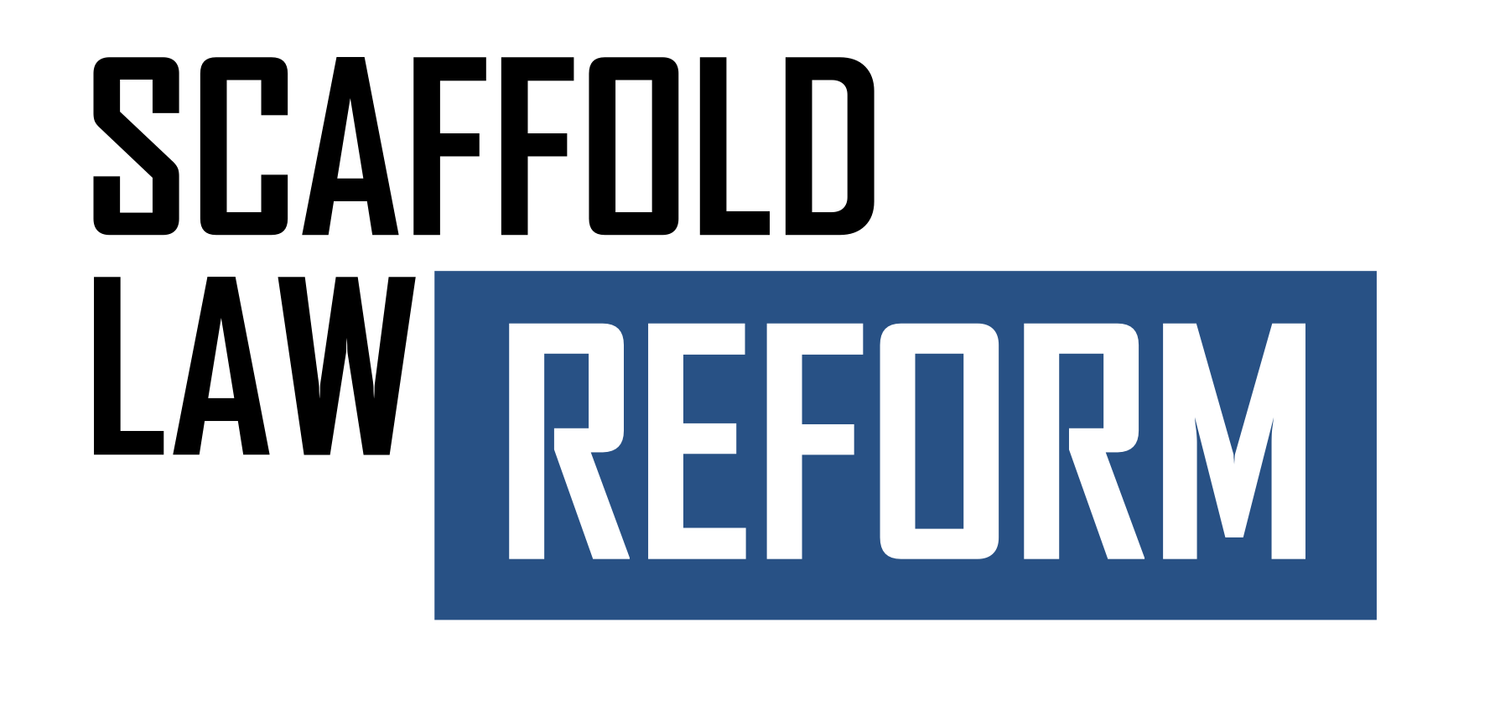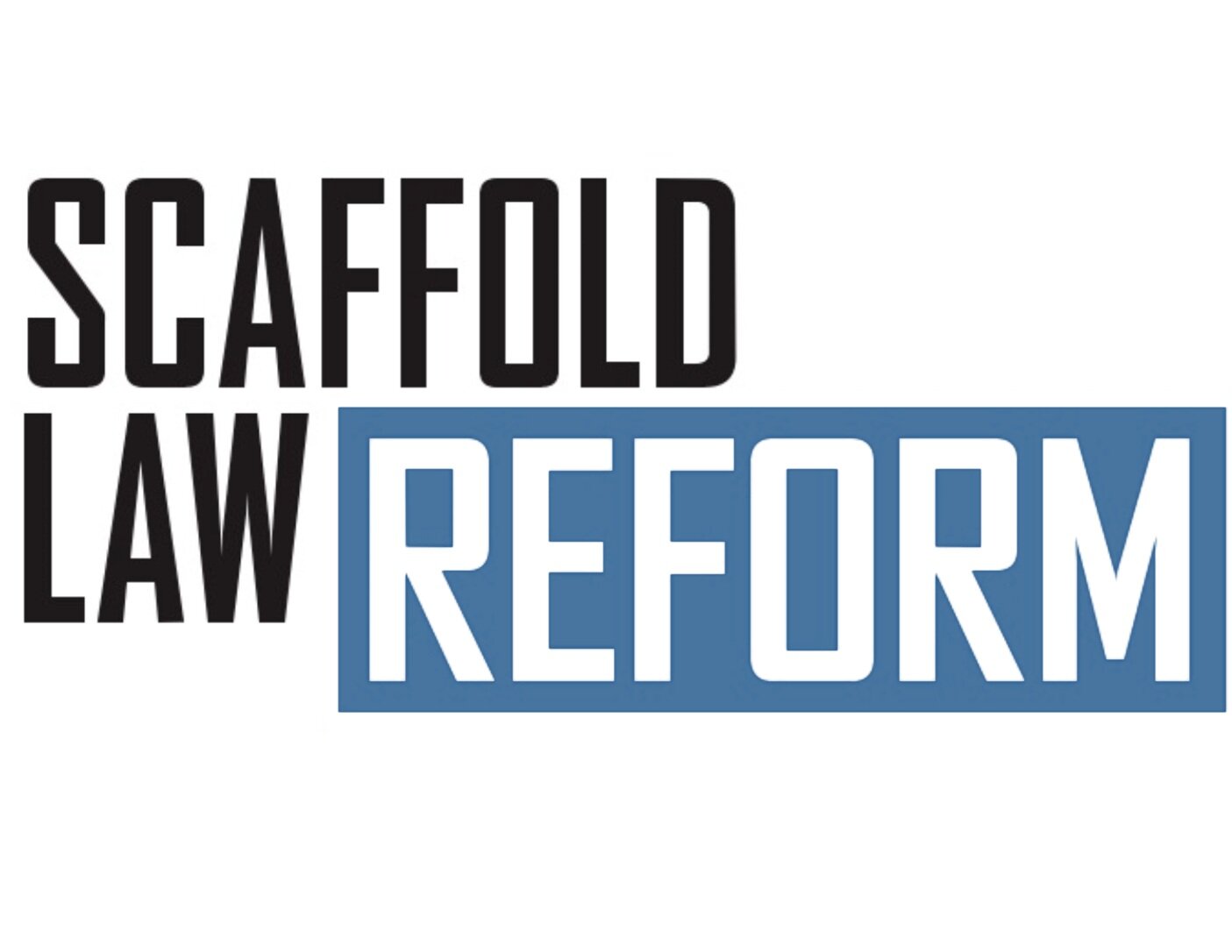Newsday: Proposed NY State bill would exempt Long Island construction projects from Scaffold Law
By: Robert Brodsky
A controversial 140-year-old law that holds property owners and contractors responsible for all construction site falls, even in instances of worker negligence, would no longer apply to projects undertaken on Long Island, according to a new bill introduced in the State Legislature designed to lower development costs and curb what critics contend is an epidemic of staged accidents and fraudulent lawsuits.
The measure, introduced on Sept. 26 by Assemb. Ari Brown (R-Cedarhurst), would exempt projects built in Nassau and Suffolk counties — but not the rest of the state — from the Scaffold Law's standard of "absolute liability," in which property owners and employers are held financially liable for injuries caused by "gravity," regardless of who is at fault.
"This outdated framework, unique to New York, has led to inflated insurance costs, deterred investment, and burdened local governments and taxpayers on Long Island with hundreds of millions in added project costs," the bill language states. "The legislature further finds that local governments in Nassau and Suffolk counties require relief from these disproportionate costs to ensure affordable infrastructure, housing, and economic development."
The assemblyman's bill would permit insurance companies to determine if negligence by the employee played a role in the fall while courts on the Island would have more discretion to determine if the accident was staged.
"If a guy goes on a roof and falls off, it doesn't matter if he was completely negligent. You, the owner or you the contractor are completely at fault," said Brown, who owns a real estate and construction company and expects multiple GOP co-sponsors from the Island both in the Assembly and the state Senate. "I don't build in New York anymore. I can't. It just doesn't make sense."
Brown said he'd prefer to eliminate the Scaffold Law statewide but believes the best chance of passage in the Assembly, which is controlled by Democrats, is to limit its scope to Nassau and Suffolk exclusively.
A spokesman for Democratic Assembly Speaker Carl Heastie did not respond to a request for comment.
Labor unions, the state Trial Lawyers Association and other supporters argue that the Scaffold Law protects low-wage workers on some of the most dangerous job sites in the nation by holding employers and property owners liable for unsafe conditions.
"This bill would make worksites in Nassau and Suffolk counties less safe, leaving workers, who are already performing one of the most hazardous jobs, vulnerable," Mario Cilento, president of the New York State AFL-CIO, said of Brown's legislation. "We strongly oppose it."
Critics of the Scaffold Law contend that it's caused the cost of construction projects to skyrocket statewide, driven insurers out of the market and prompted a wave of phony accidents and lawsuits perpetrated by an interconnected network of law firms and medical professionals, including many based on Long Island.
"Long Island’s housing crisis is worsened by the outdated Scaffold Law, which inflates costs and slows construction," said Mike Florio, chief executive of the Long Island Builders Institute. "Repeal will lower insurance premiums, attract investment and help deliver the affordable housing and infrastructure our region urgently needs."
Kyle Strober, executive director of Association for a Better Long Island, an economic development agency, added that "dismantling the Scaffold Law on Long Island can only serve as an incentive to invest in appropriate development across the region, build job creation, and prove politically that a needless cost to the economy can in be removed."
The Scaffold Law traces its origins to 1885 when there were few federal and state regulations to protect construction workers, who increasingly were getting injured on the job. Similar laws in every state except New York were repealed or amended in the 20th century.
The new state bill mirrors some of the provisions of the Infrastructure Expansion Act, a bill introduced in May by Rep. Nick Langworthy, an upstate Republican, which would exempt federally funded or permitted projects in New York from the Scaffold Law's absolute liability provisions. The act has the backing of nearly 50 civic and trade organizations statewide, including four Long Island-based advocacy groups
In recent months, Newsday has reported on federal racketeering lawsuits alleging a pattern of construction employees staging accidents and feigning injuries before being directed to law firms and preferred doctors who performed unnecessary surgeries to boost payouts from litigation or to force insurance companies into settlements.
Several of those doctors, including those with practices on Long Island, have since lost their the ability to file workers' compensation claims or face the risk of losing their medical license.

